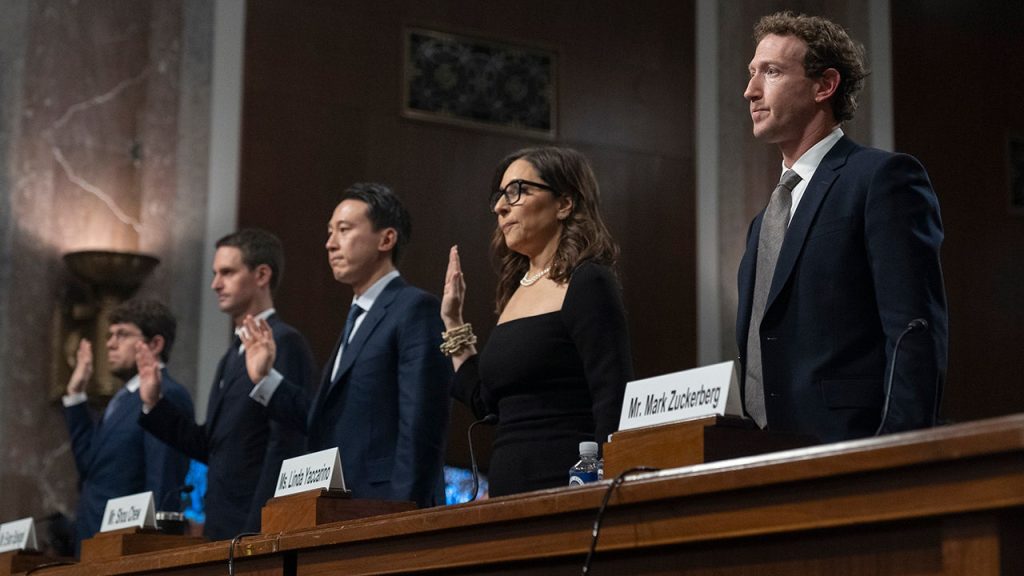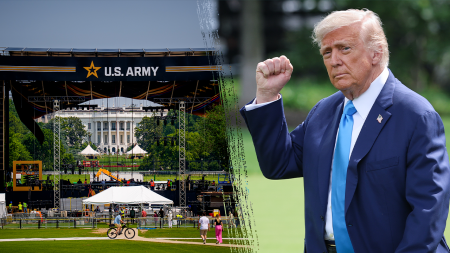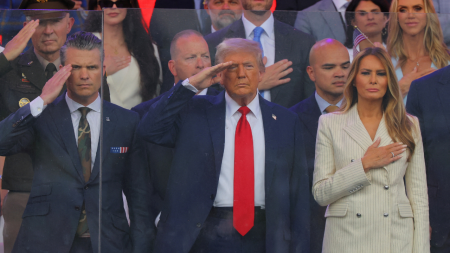Mark Zuckerberg, CEO of Meta, the parent company of Facebook and Instagram, has announced a significant shift in the company’s content moderation strategy, signaling a return to prioritizing free expression. This move involves the elimination of third-party fact-checking and a transition to a community-driven approach similar to the one employed by X (formerly Twitter), called Community Notes. Zuckerberg framed this decision as a return to the company’s roots and an effort to reduce errors, simplify policies, and bolster free speech on Meta’s platforms. This announcement follows years of scrutiny and criticism from Congress regarding alleged censorship and the handling of political information on the platforms.
Zuckerberg’s decision arrives after enduring numerous confrontations with lawmakers on both sides of the political spectrum. In January 2024, Senator Josh Hawley questioned Zuckerberg about the potential harm social media poses to users, particularly young girls, citing internal Meta studies revealing exposure to harmful content. Hawley also pressed Zuckerberg on whether he had apologized to the families of those negatively impacted. In response, Zuckerberg publicly apologized for the harm suffered by users and reiterated Meta’s commitment to user safety and well-being. Simultaneously, Senator Lindsey Graham levelled harsh criticism at Zuckerberg, accusing Meta of having “blood on its hands” due to the alleged link between its platforms and harmful consequences, including suicides linked to online extortion schemes.
These recent events build upon a history of congressional scrutiny of Meta’s practices. In 2018, Zuckerberg faced questioning about the platform’s failure to protect the personal information of millions of users during the Cambridge Analytica scandal. He admitted to being too slow in identifying election interference in 2016. In 2020, both Zuckerberg and then-Twitter CEO Jack Dorsey testified before Congress regarding content moderation decisions, including the suppression of the Hunter Biden laptop story. Zuckerberg defended Facebook’s efforts to combat misinformation and promote voter participation during the 2020 election, citing extensive voter information campaigns and partnerships with election officials.
The discontinuation of Meta’s third-party fact-checking program marks a significant departure from the company’s post-2016 election strategy aimed at addressing misinformation and managing content. Internal executives have indicated that the original implementation of the fact-checking program was largely driven by political pressure and that the system had ultimately “gone too far.” This sentiment echoes Zuckerberg’s previous acknowledgment of feeling pressure from the Biden administration regarding content moderation, including content related to COVID-19, satire, and humor.
Meta’s Chief Global Affairs Officer, Joel Kaplan, expressed concerns about the global implications of U.S. government pressure on American companies to regulate content. He argued that such pressure creates an opportunity for other governments, lacking the same free speech traditions as the U.S., to exert greater control over their own domestic companies. This perspective aligns with the Trump administration’s emphasis on free speech, with representatives hailing Zuckerberg’s policy shift as a victory for free expression and a return to fundamental rights.
This change in Meta’s content moderation strategy represents a pivotal moment in the ongoing debate over the role and responsibility of social media platforms in regulating online speech. The move away from third-party fact-checking raises questions about the future of misinformation and the potential for increased spread of harmful content. The shift towards community-based moderation presents both opportunities and challenges, potentially empowering users while also raising concerns about bias and the effectiveness of decentralized content regulation. The long-term implications of this decision will undoubtedly be closely watched by lawmakers, users, and the broader digital landscape.










